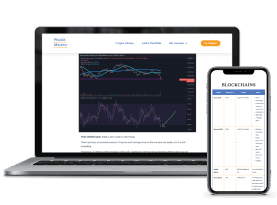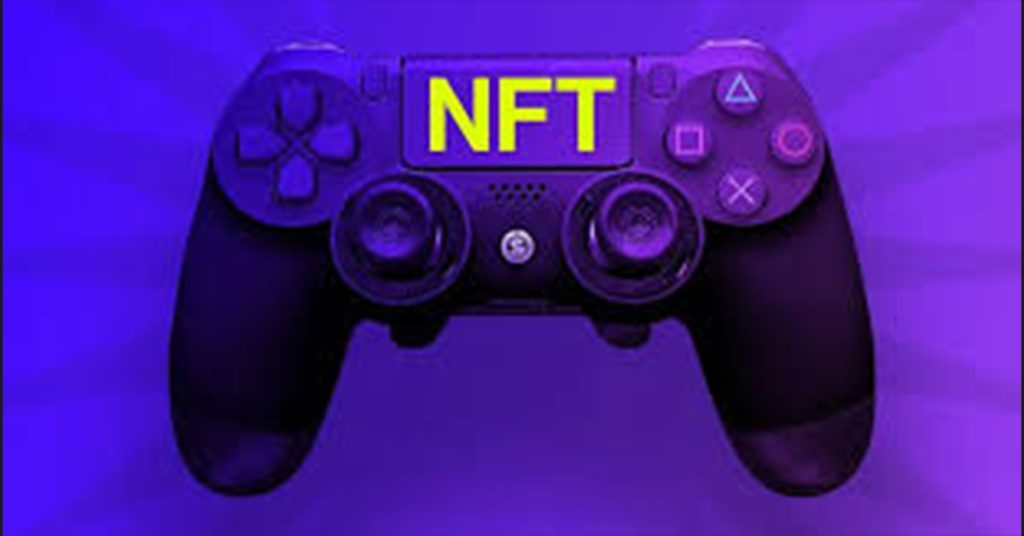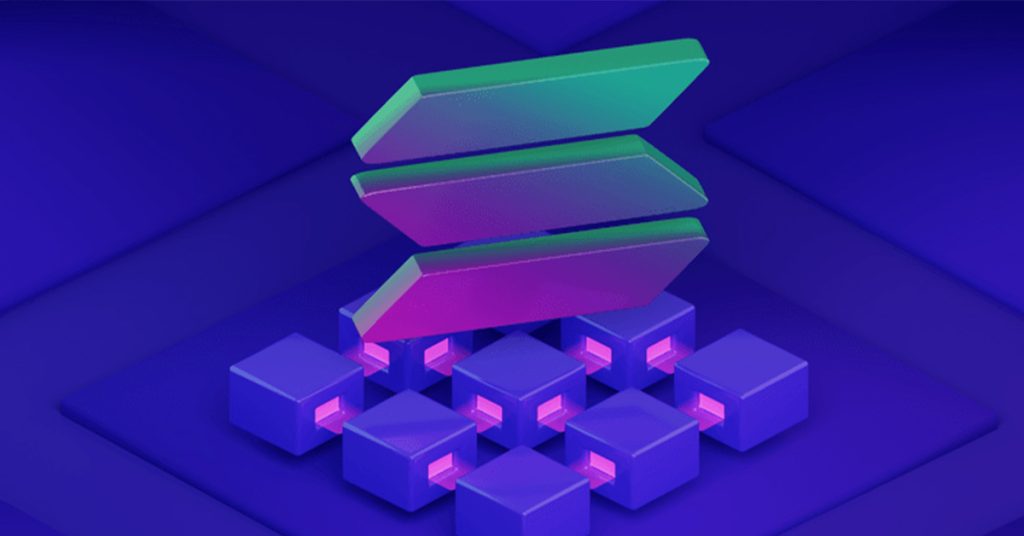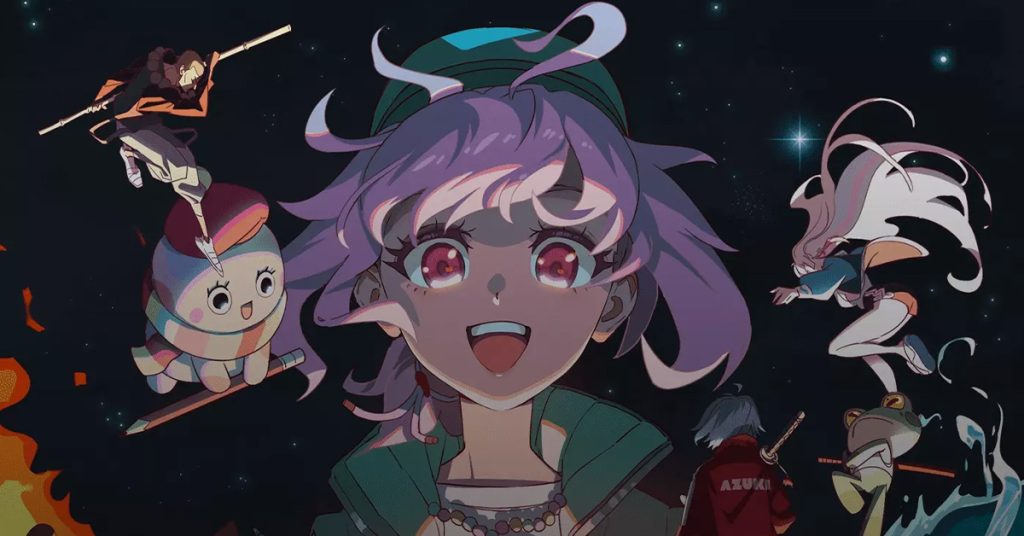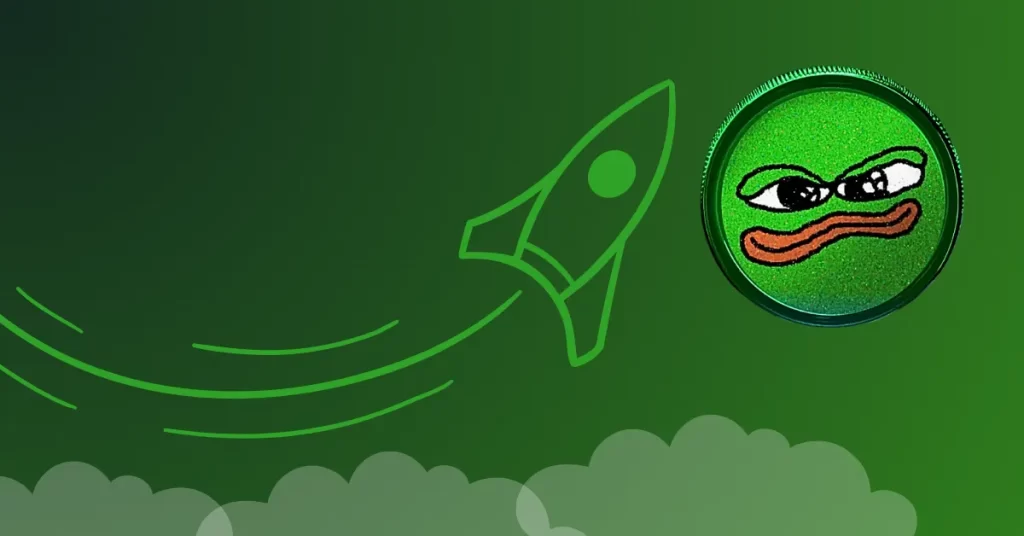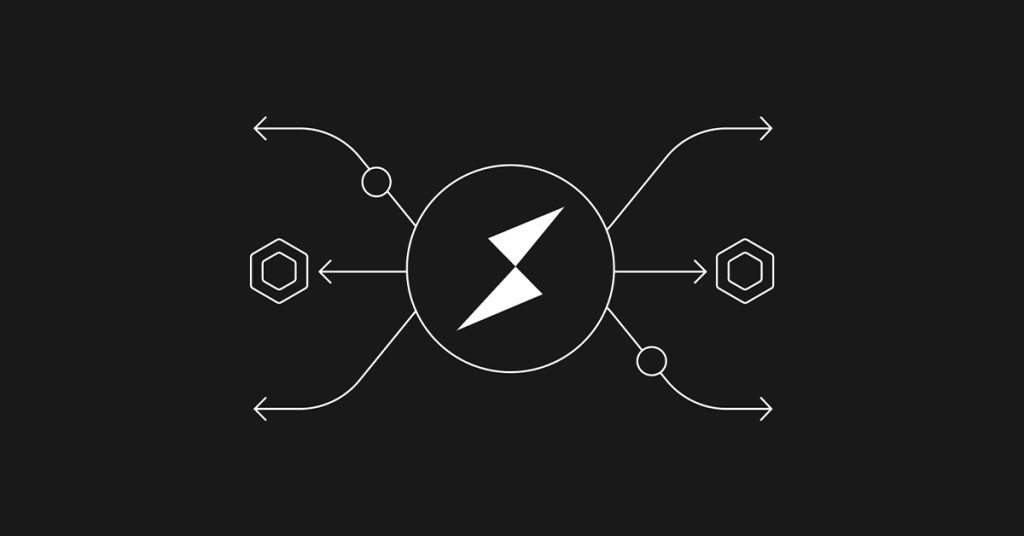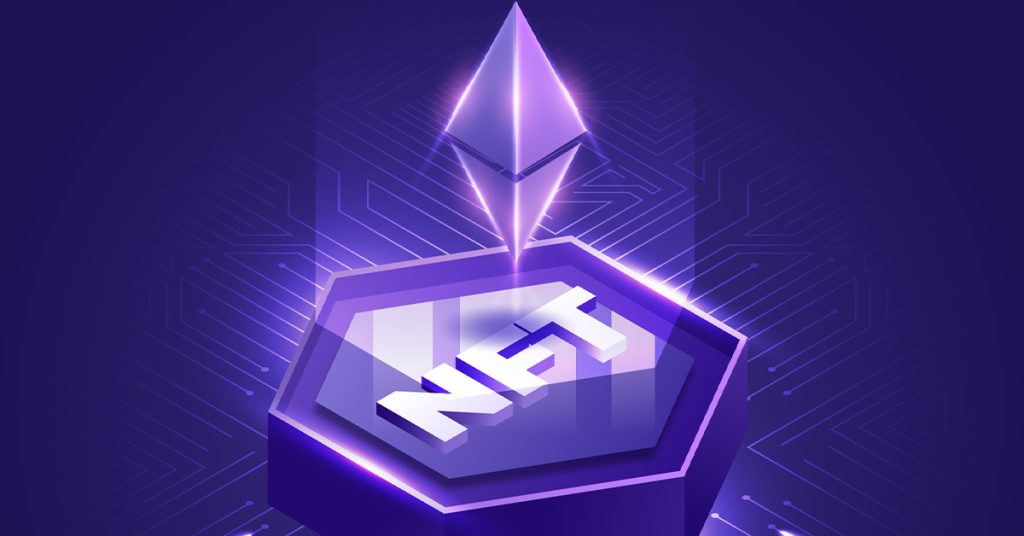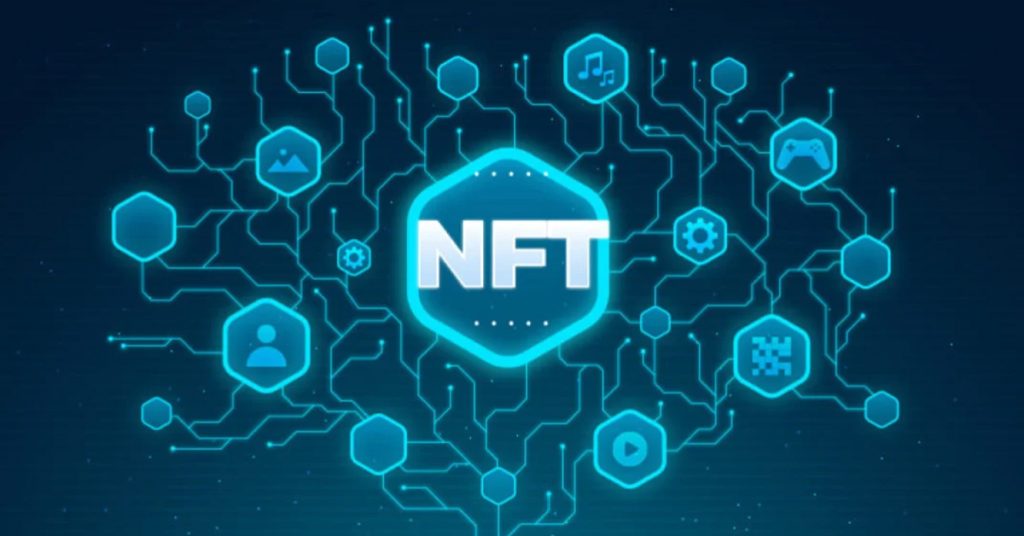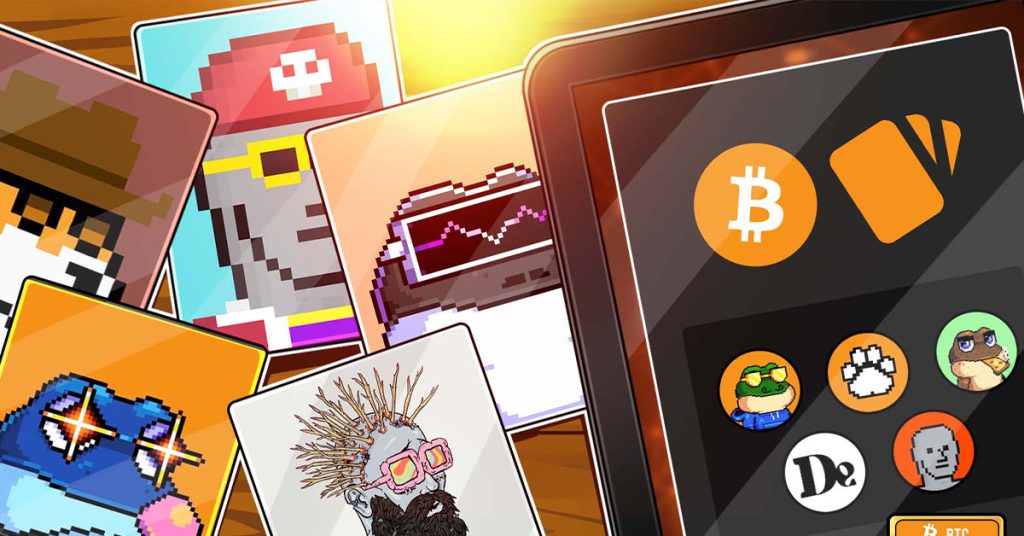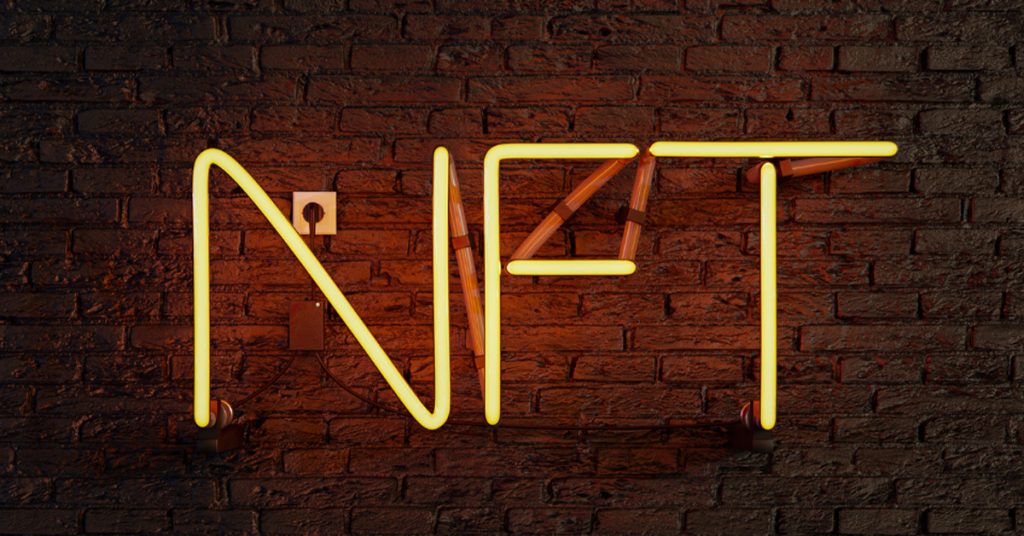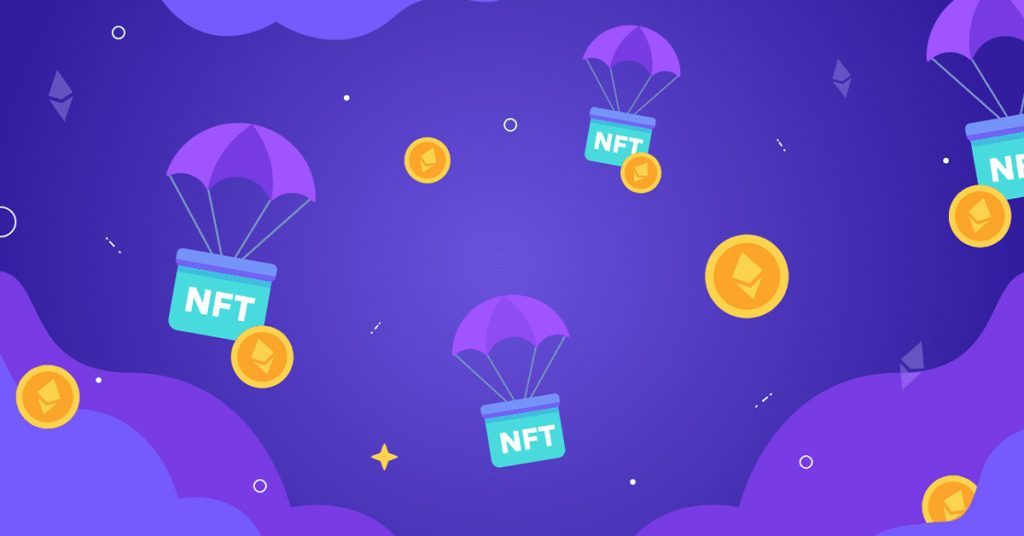Polygon, Web3 and NFTs
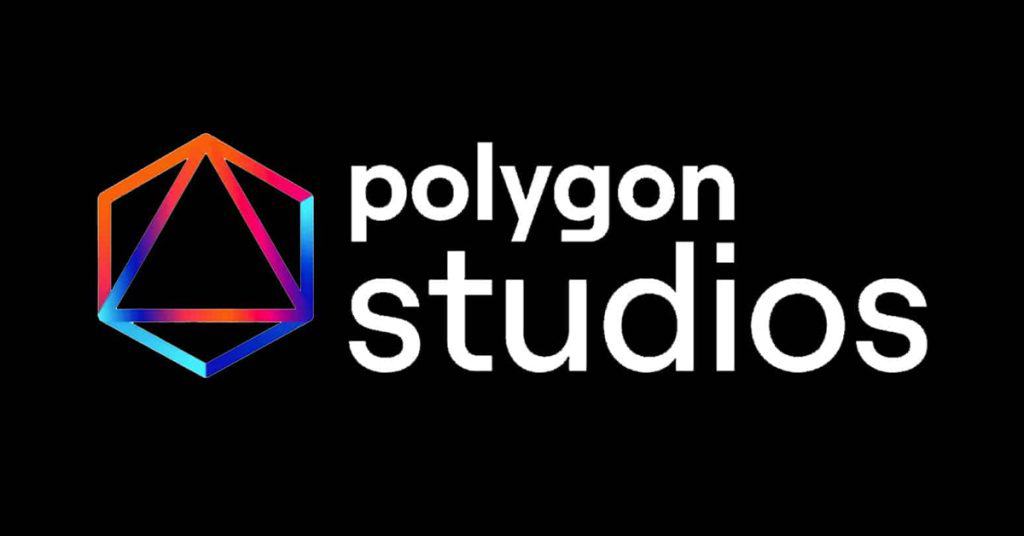
If you’re following NFTs, you’ll know the phrase web3, and may have noticed growing attention around Polygon. Web3 is a relatively new term, and you can get an in-depth sense of its meaning over here. What it basically comes down to, though, is an emerging version of the web that utilizes crypto and leans towards decentralization, ownership of digital assets, and peer-to-peer transactions.
When you’re using DEXs, NFT marketplaces, or just trading crypto and NFTs wallet to wallet, you’re already part of web3. Although that said, true decentralization isn’t always the standard. OpenSea and MetaMask can, for example, block access to their services, raising questions about levels of centralization.
Back to the general point though, in the world of web development, web3 has become a big deal, with a growing number of traditional brands and applications looking to make the shift over and become at least a little more blockchain-oriented.
And in their search for how to do that, it’s become impossible to ignore how many have settled on utilizing Polygon as their starting point.
What Are Polygon and Polygon Studios?
Polygon is a Layer 2 solution that works as a sidechain running parallel to the Ethereum blockchain. That basically means you can utilize the presence and security of Ethereum, but with reduced gas fees and faster transactions. You can read here in more detail about Polygon and how it works.
Polygon Studios is a creative arm of Polygon that is dedicated to helping create NFT, gaming and metaverse projects. It’s especially focused on making connections between web2 and web3, and has played a significant role in Polygon’s growing ability to partner with recognized brands.
Onboarding Through Polygon
There’s a long list of household names opting to build on Polygon, as this tweet last month from Ryan Wyatt, the CEO of Polygon Studios, illustrates:
And to get an idea of how high new demand can potentially go, at the last count, an amazing 4.3 million Reddit NFTs had been minted on Polygon. The explosion of interest in Reddit NFTs is a standout story that took the NFT space (and possibly also Reddit itself) by surprise, but it shows how quickly shifts in attitude can happen.
Traditional brands tend to be risk averse, and so when a particular development option starts to gain traction and proves that it can deliver, it can quickly lock in status as the go-to choice.
Onboarding web2 apps and major brands into web3 is a huge opportunity, and if Polygon keeps performing well, then it will be set to capture network effects, grow further, and perhaps become an established web3 entry point.
Gaming on Polygon
Another bullish point in favor of Polygon Studios is the number of high quality blockchain gaming projects being built and operating on the Polygon network, including the likes of Phantom Galaxies, Wildcard, Midnight Society, Big Time and Zed Run.
For a game that includes NFTs, gameplay and some prestigious, global names, take a look at Infinite Drive. It’s a mobile racing game that incorporates playable cars as NFTs, and features officially licensed cars from makers including the likes of Aston Martin and Renault.
Life Beyond is a promising-looking gaming metaverse, being developed in collaboration with Animoca Brands. It will revolve around storytelling, action, and building virtual sci-fi societies, and NFT items are core to its mechanics.
And continuing this year’s interest in move-to-earn fitness projects, there’s Dustland, which is finding ways to combine a sci-fi RPG, running, and crypto. It makes use of NFTs and a native token called DOSE, and allows players to put together their own in-game NFTs.
There was a lot of hype around blockchain gaming in 2021/22, but a shortage of realism about the resources and time required to develop top products.
As such, keep in mind that games are long-term projects, but some of the current crop are aiming high, have strong development teams, and it’s possible that as they roll out and attract users, the timing could even sync up with a future bullish phase in the next crypto cycle.
MATIC Token
If you don’t want to actually buy NFTs themselves from specific brands and projects, then another option would be to buy into the native token of the Polygon network, MATIC (a name that dates back to the early days of Polygon, when it was called Matic Network).
MATIC is currently trading at around 0.9 USD, down from an all-time high of 2.92 USD last December, but up significantly from a low of around 0.40 USD in June of this year, reflecting renewed interest as an influx of brands have chosen to use Polygon.
Polygon Competitors
There are several other Ethereum scaling solutions competing with Polygon, and during a bear market–when there’s much less hype and noise, but hopefully plenty of development–is a good time to keep tabs on what they’re building.
Immutable X is another Ethereum layer 2 protocol, with low transaction costs and no gas fees, that was developed specifically for NFTs and gaming projects and has plenty of developer activity.
Arbitrum and Optimism are layer 2 scaling solutions for Ethereum that utilize optimistic rollups, and then there’s Loopring, which uses ZK rollups, and powers the GameStop NFT marketplace.
Unrelated to Ethereum, there is Solana, which provides a ready-to-go, low-cost alternative for minting NFTs, and has been utilized for web3 projects by The Golden State Warriors and, more recently, Toys R Us.
And speaking of Solana, the number one Solana NFT marketplace, Magic Eden, recently integrated Polygon, so expect to see new Polygon-based projects releasing through the Magic Eden launchpad.

